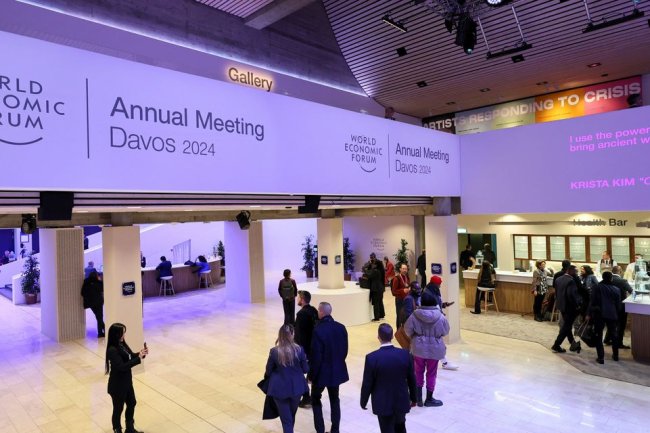America’s Trade Abdication
Britain joins the Indo-Pacific pact, as the U.S. sits on the sidelines. By The Editorial Board July 16, 2023 4:12 pm ET U.S. Trade Representative Katherine Tai in March. Photo: ADRIANO MACHADO/REUTERS The United Kingdom signed onto the Indo-Pacific trade pact on Sunday, becoming the first European country to join the 11-nation Comprehensive and Progressive Agreement for Trans-Pacific Partnership (CPTPP). In addition to its economic benefits for Britain, the event is notable for exposing America’s growing trade failures. The CPTPP is the successor to the Trans-Pacific Partnership that Donald Trump walked away from


U.S. Trade Representative Katherine Tai in March.
Photo: ADRIANO MACHADO/REUTERS
The United Kingdom signed onto the Indo-Pacific trade pact on Sunday, becoming the first European country to join the 11-nation Comprehensive and Progressive Agreement for Trans-Pacific Partnership (CPTPP). In addition to its economic benefits for Britain, the event is notable for exposing America’s growing trade failures.
The CPTPP is the successor to the Trans-Pacific Partnership that Donald Trump walked away from in 2017. It includes Canada, Mexico, Japan, Australia, Vietnam, Singapore and Malaysia, among others. The pact excludes China, which made it an ideal opportunity to shape global trade rules and expand U.S. economic influence in the fastest-growing part of the world. The parties moved on without the U.S., and now others want to get in on the action.
That doesn’t include the U.S. After criticizing Mr. Trump’s trade policy as a candidate, President Biden has been nearly as protectionist in office. He’s retained most Trump tariffs, and he’s resisted new bilateral or other trade deals. He’s even left Britain in the cold, despite its compatibility with the U.S. economy and post-Brexit interest in a bilateral deal.
The Administration launched the Indo-Pacific Economic Framework (IPEF) last year, but it has since been exposed as vacuous. The U.S. won’t negotiate tariff reductions or market access measures. U.S. companies say the White House even seems to be backtracking on its promise to promote new standards for digital trade.
Thirty-six business and agriculture groups expressed their dismay about the failures of IPEF in a May letter to Commerce Secretary Gina Raimondo and U.S. Trade Representative Katherine Tai. “A ‘work-centric’ trade agenda must reflect how American companies and the workers they employ suffer together when we are barred from selling the goods and services we produce in foreign markets,” they wrote.
The White House is by all accounts afraid of debating Mr. Trump on the benefits of trade. That leaves the U.S. on the sidelines as the rest of the world negotiates new trade deals, including the European Union with Indonesia and India. This also leaves the U.S. the odd economic man out in the Indo-Pacific even as U.S. companies urgently need supply-chain alternatives to China. The costs of Mr. Biden’s trade abdication are growing by the month.
Journal Editorial Report: Christopher Wray won't talk about the FBI and conservatives. Images: AP/Zuma Press Composite: Mark Kelly The Wall Street Journal Interactive Edition
What's Your Reaction?




















